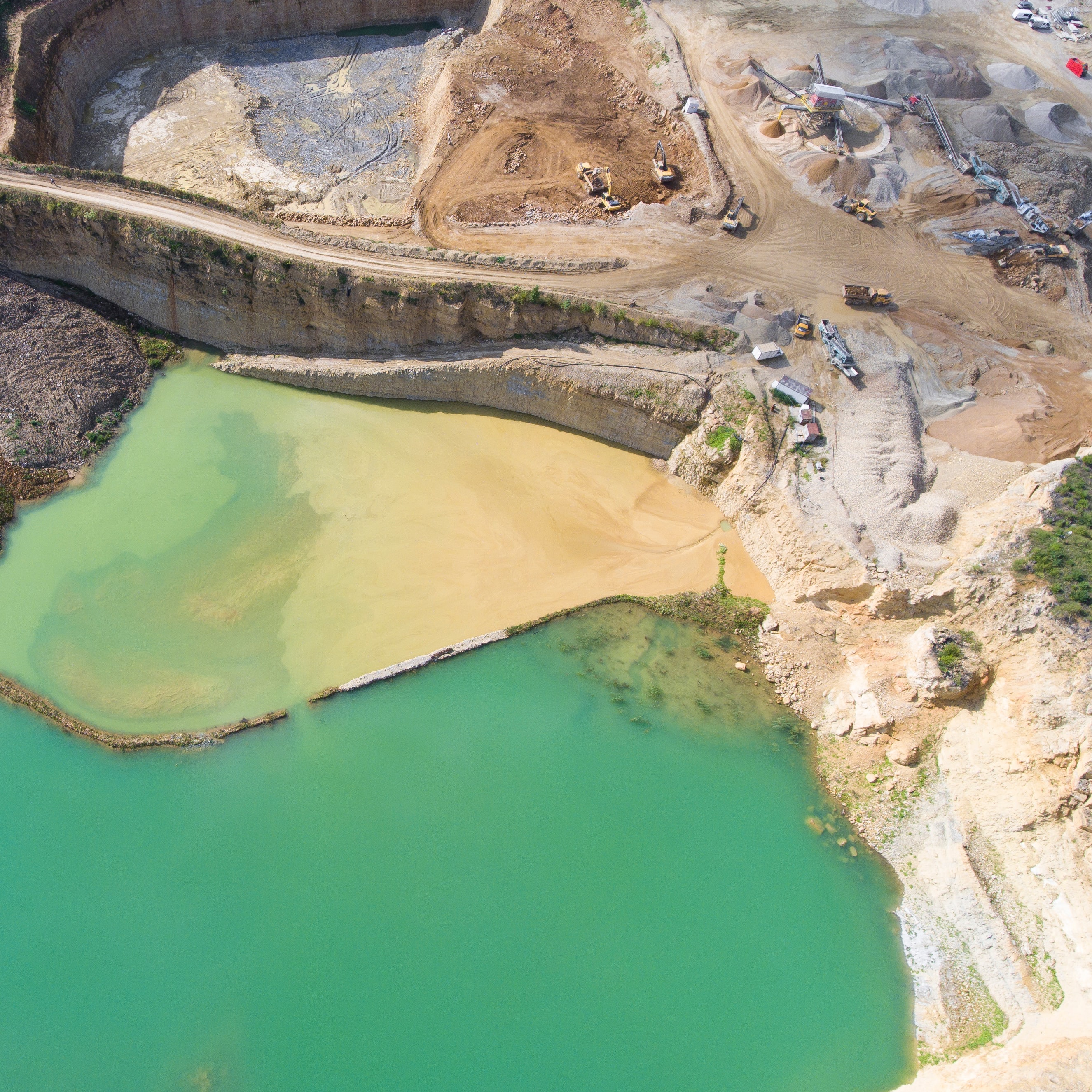In a series of webinars organized by AIDA, experts debunked the argument for promoting extractivism as a solution to the current economic crisis.
In the context of the global health pandemic, Latin American governments have supported proposals to expand and strengthen mining and energy extractivism as a way out of the economic downturn. In doing so, they’ve ignored the economic and socio-environmental costs that extractive activities imply in the medium and long term.
Government support has in some cases translated into attempts to make the procedures for authorizing mining and hydrocarbon projects more flexible and/or streamlined, ignoring the legal obligation to consult and obtain the free, prior and informed consent of affected communities.
In two online seminars, specialists in the field explained in detail the true costs of extractivism, demonstrating that betting on initiatives of this type in the current situation is far from being society’s best way forward.
The panel of experts included Eduardo Gudynas, researcher at the Latin American Center for Social Ecology; Natalia Greene, president of the Ecuadorian Committee for the Defense of Nature and the Environment; Fernanda Hopenhaym, sociologist specializing in Latin American studies and co-executive director of PODER; and Luis Álvaro Pardo, economist and journalist, specializing in Mining and Energy Law and Constitutional Law.

